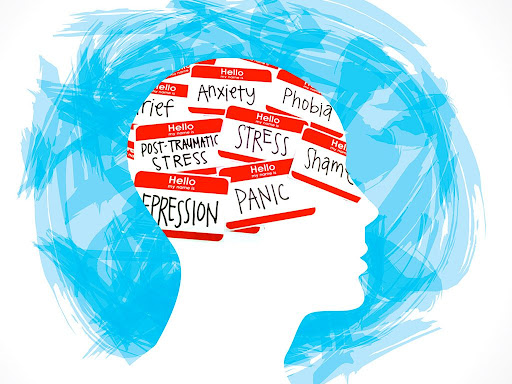The terms “behavioral health” and “mental health” are often used interchangeably, but they encompass distinct aspects of well-being. Recognizing the differences between these terms is essential for individuals seeking support and healthcare professionals providing assistance. Let’s explore the nuances of behavioral health versus mental health and their implications for overall wellness.
Behavioral Health vs. Mental Health:
While behavioral health and mental health are closely related, they address different aspects of an individual’s well-being. Behavioral health encompasses a broader spectrum of behaviors, including actions, habits, and lifestyle choices that impact physical and emotional health. On the other hand, mental health specifically focuses on cognitive and emotional well-being, addressing thoughts, feelings, and mental processes.
Understanding Behavioral Health:
Behavioral health encompasses a wide range of behaviors that influence overall health and wellness. This includes lifestyle factors such as diet, exercise, sleep habits, substance use, and interpersonal relationships. Behavioral health also considers behaviors related to stress management, coping mechanisms, and self-care practices. By addressing behavioral patterns and promoting healthy habits, individuals can enhance their overall well-being and quality of life.
Exploring Mental Health:
Mental health primarily concerns the psychological and emotional aspects of well-being. It encompasses a person’s thoughts, feelings, and behaviors related to mood, stress, anxiety, depression, and other mental health conditions. Mental health also includes factors such as self-esteem, resilience, coping skills, and social support networks. Seeking support from mental health professionals, engaging in therapy or counseling, and practicing self-care techniques are essential for maintaining optimal mental health.
Interconnection Between Behavioral and Mental Health:
While behavioral health and mental health address different aspects of wellness, they are interconnected and influence each other significantly. For example, unhealthy behaviors such as substance abuse, poor nutrition, or lack of exercise can contribute to mental health issues like depression or anxiety. Conversely, improving mental health through therapy, medication, or self-care practices can positively impact behavioral choices and promote healthier lifestyle habits.
Conclusion:
In conclusion, understanding the distinction between behavioral health and mental health is essential for promoting holistic well-being. While behavioral health encompasses lifestyle choices and habits that impact overall health, mental health focuses on cognitive and emotional well-being. By addressing both behavioral and mental health needs, individuals can optimize their wellness and resilience. Seeking support from healthcare professionals, engaging in therapy or counseling, and adopting healthy lifestyle habits are key steps towards achieving balance and vitality in life. Through education, awareness, and access to comprehensive care, we can foster a culture of wellness and empower individuals to thrive mentally, emotionally, and behaviorally.
Source – UM Capital, Umass Global



